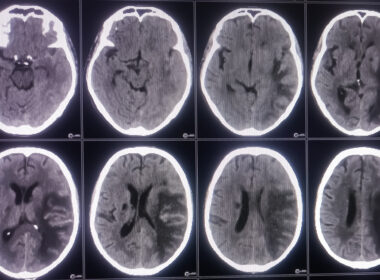If the quality of medical care that was provided by the anesthesiologist fell below the professional standard of care that is expected based on the doctor’s background and experience, the anesthesiologist and/or the hospital which employs him or her could potentially be liable for the devastating consequences of the mistake or negligence.
If you or a loved one have suffered damages or harm as a result of anesthesia errors, you can pursue a personal injury medical malpractice claim.
Incorrect Dosage Administered
Determining how much anesthesia is necessary for a procedure is done on a case-by-case basis by a skilled anesthesiologist. The correct dosage of anesthesia medications is necessary for the successful completion of a complex, or otherwise painful procedure or surgery.
Once the surgery or procedure begins, the anesthesiologist will determine if the correct dosage is being administered by monitoring the patient’s heart rate, blood pressure, and other vital signs. Adjustments can be made throughout the duration of the surgical procedure.
Too much anesthesia and/or “anesthesia overdose”
Some common reactions to anesthesia overdose include:
- Nausea or vomiting
- Respiratory distress
- Hypothermia
- Hallucinations
- Seizures
- Mental or physical impairment
- Dementia
- Prolonged unconsciousness
- Brain injuries
- Death
Too little anesthesia and/or “anesthesia awareness”
If a person metabolizes an anesthetic agent too quickly, there is a risk of awakening during surgery.
Pre-op testing, including diagnostics and evaluation, should identify any conditions that could affect anesthesia and allow the drug to be adjusted accordingly.
However, due to the rarity of this occurrence, there is no routine testing for the metabolism of anesthesia. Anesthesia awareness does not pose any direct threat to your health or the success of the procedure, but may leave you with unpleasant memories, or, in some cases, post-traumatic stress disorder (PTSD).
Incorrect type of anesthesia administered
If the doctor administers the wrong type of anesthesia, it can lead to adverse reactions or complications. Having first reviewed your medical history and any allergies you may have, the doctor may have been negligent in providing the most appropriate anesthesia for you.
Your doctor may have failed to consider possible allergic reactions or the interactions between the anesthesia and any medications you were taking at the time.
In these situations, if the doctor has failed to properly monitor your vitals during the procedure, it may lead to short- or long-term complications.
Defective equipment
While the doctor may not be responsible for faulty or defective equipment, he or she may become negligent if there is any knowledge that the machine or drug has a defect. This type of error can hold the medical facility liable for damages to the patient.
The defect may lead to multiple liable parties to include the manufacturer, the retailer or the distributor.
Complications of anesthesia-related errors
- Damage to heart, brain, or other organs
- Hypoxia (inadequate supply of oxygen)
- Cerebral palsy in children born to mothers who had anesthesia administered during labor
- Abnormal pulse or heart arrhythmia
- Spinal cord injury
Other common types of anesthesia errors
- Injuries caused during intubation
- Delays in the delivery of anesthesia
- Failure to provide necessary instructions before administering anesthesia
- Failure to consider patient’s position when administering in regard to blood pressure












